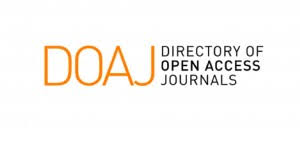Prinsip Konsumsi 4K + 1M dalam Perspektif Islam
Abstract
Since humans know their social life, a problem that must be solved together grows, namely how every human being meets their individual needs. Islam is a religion whose teachings regulate all human behavior in meeting their needs. Consumption is a form of economic expression that is basic in the needs of human life.
The purpose of this article is to analyze how the principle of consumption of 4K + 1M from an Islamic perspective. This article uses the hermeneutic approach. In simple terms, hermeneutics can be understood as the art of interpreting or understanding, ie, clarifying the problem of knowledge by investigating every detail of the interpretation process. The hermeneutic approach is beneficial, especially in exploring and interpreting the principles of the Qur'an and the Hadith regarding the policy of Muslim consumption in the current reality. To support the hermeneutic approach, the semantic method is used. This method is needed, especially in analyzing key words referred to in this study.
This article concludes that Islam is a religion whose teachings regulate all human behavior in meeting their needs, one of which is consumption. In Islam, consumption is controlled by five basic principles that can be used as a fundamental statement by a person/group as a guide for thinking or acting. The 4K + 1M consumption principle is the principle of justice, the law of cleanliness, the policy of simplicity, the principle of generosity, and the faith of morality.














